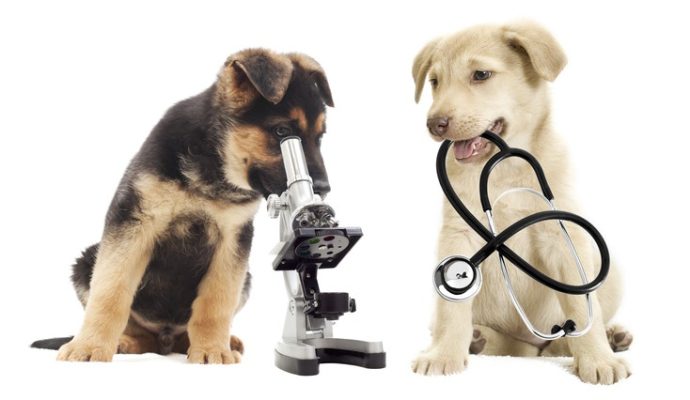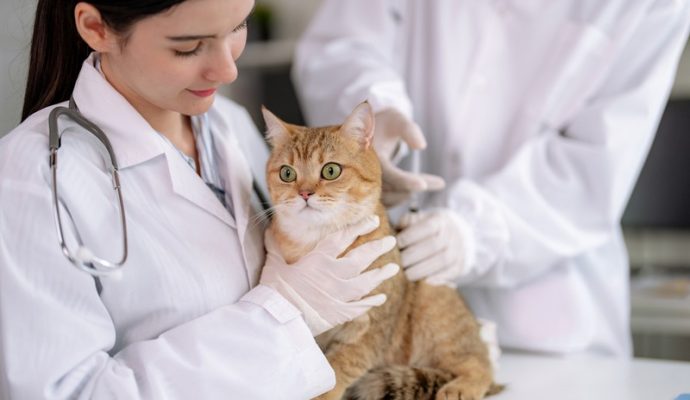Planning for pet emergencies and specialty care is crucial. It ensures you can provide the best care for your beloved animal companions in need without finding yourself in a financial bind. Here are some strategies to help you prepare for unexpected pet-related expenses:
1. Emergency Savings Fund
This is a fundamental step. Start setting aside a specific amount of money each month into a savings account designated for pet emergencies. A good goal is to save enough to cover your pet’s most significant potential emergency, anywhere from $1,000 to $5,000, depending on your pet and local veterinary costs.
2. Pet Insurance
Investing in a pet insurance policy can significantly reduce the cost of veterinary care, especially for unexpected illnesses or injuries. Choose a policy that suits your pet’s needs and your financial situation. Ensure you understand what is covered, including deductibles, copays, and payment limits or conditions.
3. Wellness Plans
Some veterinary clinics offer wellness plans that can help manage preventative care costs with monthly payments. These plans typically cover routine visits, vaccinations, and sometimes discounts on certain services and products.
4. Credit Options
For immediate financial assistance in emergencies, consider having a credit card designated for pet emergencies or applying for medical credit cards like CareCredit, which offers deferred interest plans if paid in full within a promotional period. Be mindful of interest rates and repayment terms.
5. Pet Health Savings Account (HSA)
Like a personal HSA, you can set up a savings account for your pet’s healthcare needs. Regular contributions to this account can be a straightforward way to earmark funds for pet health expenses.
6. Community Resources and Assistance Programs
Research local and national pet assistance programs. Some organizations offer financial aid or subsidies for emergency veterinary care, particularly for low-income families or specific breeds or conditions.
7. Preventative Care
Preventative care helps catch potential problems early, resulting in lower treatment costs. In veterinary medicine, routine tests and diagnostics are essential for preserving and monitoring pets’ health. These diagnostics can identify health issues early, often before clinical symptoms become apparent. For an overview of standard diagnostics, click here.
8. Flexible Spending or Health Savings Accounts
If you have a Flexible Spending Account (FSA) or Health Savings Account (HSA) through your employer, check if it allows for pet-related expenses. While this is rare, it’s worth investigating.
9. Fundraising and Crowdfunding
In severe financial strains, turning to community support through platforms like GoFundMe can be an option. Transparently sharing your pet’s story can attract empathy and financial support from friends, family, and strangers.
10. Budget Adjustments
Evaluate your current budget to see where adjustments can be made. Reallocating funds from non-essential expenses to your pet emergency fund can bolster your financial preparedness without significantly impacting your lifestyle.
Proactively preparing for pet emergencies and specialty care through savings, insurance, and strategic planning can alleviate financial stress, allowing you to focus on what matters most—your pet’s health and well-being.
What Are the Costs Involved
The costs involved in pet care can vary significantly depending on the type of pet, its size, health, and the level of care you wish to provide. However, some general categories of expenses are expected for most pets. Here’s a breakdown of potential costs you might encounter:
1. Initial Costs
-
Adoption/Purchase Fee: This can vary widely, from a small fee at a shelter to hundreds or thousands of dollars for certain breeds from breeders.
-
Initial Veterinary Visits: Early vaccinations, microchipping, spay/neuter procedures, and initial health checks.
-
Supplies: Beds, leashes, collars, cages, tanks, and toys.
2. Ongoing Food Costs
The costs will vary depending on the pet’s size and the food’s quality. Special dietary needs can increase this expense.
3. Emergency Veterinary Costs
It is unpredictable and can be very high in the case of accidents or severe illness. In the face of an emergency, knowing where to go is crucial. For instances requiring immediate attention, a 24 hour emergency animal hospital in Westminster, CO, or a similar facility in your area can provide the necessary care at any hour.
4. Grooming
The cost and frequency depend on the breed, size, and coat type. Some pets can be groomed at home, while others may require professional grooming services.
5. Training
Professional training classes for dogs, in particular, can be beneficial but add to the total cost.
6. Unforeseen Surgeries
For example, if your pet requires surgery, it will incur significant costs. Researching affordable facilities that do not compromise the quality of service and with a good reputation and specialists skilled in the requisite area is essential, such as veterinary surgery in Westminster, CO. This preparation ensures that in times of need, you’re making informed decisions swiftly.
7. Pet Care Services
Including pet sitters, dog walkers, or boarding fees when you cannot care for your pet due to travel or extended work hours.
Final Thoughts
Effective financial planning for pet emergencies and specialty care is crucial for pet owners. Strategies such as setting aside a savings fund, investing in pet insurance, exploring wellness plans, and researching community resources can alleviate the burden of unexpected pet health expenses. Being informed about care options, like emergency animal hospitals and vet surgery specialists, allows for swift, informed decisions during crises. Ultimately, preparing financially for pet health needs reflects a commitment to their well-being, ensuring they receive the best care without financial compromise.




